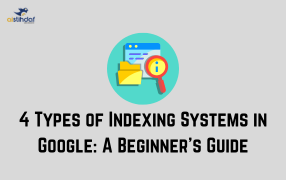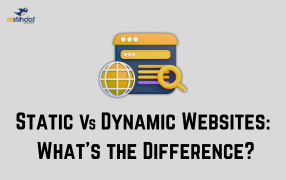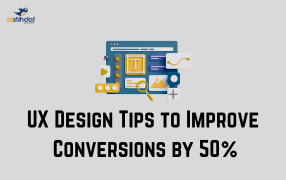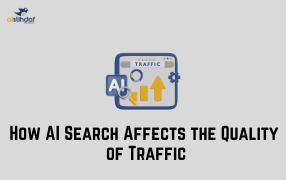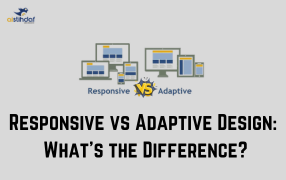
Responsive vs Adaptive Design: What’s the Difference?
When creating a modern website, one of the most important decisions is choosing between responsive and adaptive design. If you're new to web design, these terms might sound technical, but don’t worry — this guide will explain everything in simple terms.
What Is Responsive Design?
Responsive design is a flexible approach where your website automatically adjusts to fit any screen size — whether it’s a mobile phone, tablet, or desktop. It uses flexible layouts and images so the content looks great no matter the device.
Example: Imagine shrinking your browser window — a responsive website will rearrange and resize the content to fit perfectly.
Benefits:
-
Works on all screen sizes
-
Easier to manage and update
-
Google recommends it for better SEO
What Is Adaptive Design?
Adaptive design, on the other hand, uses multiple fixed layouts for different screen sizes. The website detects the user’s device and loads a specific layout built just for that screen.
Example: A site may have six separate designs — one for each common screen size (mobile, tablet, desktop, etc.).
Benefits:
-
Optimized performance on specific devices
-
Greater control over layout
-
Can load faster on supported devices
Responsive vs Adaptive: Which Should You Choose?
If you’re building a typical business or brand website, responsive design is usually the better choice. It’s cost-effective, easier to maintain, and works seamlessly across all devices.
Adaptive design is more suitable for special use cases like apps or platforms where performance or layout control is a top priority.
Quick Comparison Table
| Feature | Responsive Design | Adaptive Design |
|---|---|---|
| Layout Flexibility | Fluid and automatic | Fixed to specific sizes |
| Maintenance | Easier and faster | More complex |
| Performance | Good, varies by device | Highly optimized per device |
| Development Time | Shorter | Longer |
Conclusion
Both responsive and adaptive design aim to improve the user experience on different devices. However, responsive design is more flexible and widely used today because it simplifies development and works well across all platforms.
If you’re planning to design or revamp your business website, working with professionals can make a huge difference. For expert web design and digital strategies tailored to your brand, consider partnering with the best digital marketing agency in Dubai.








